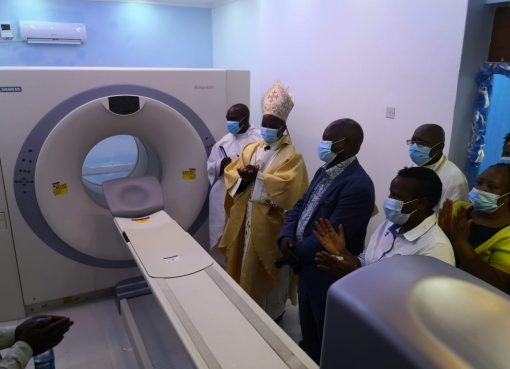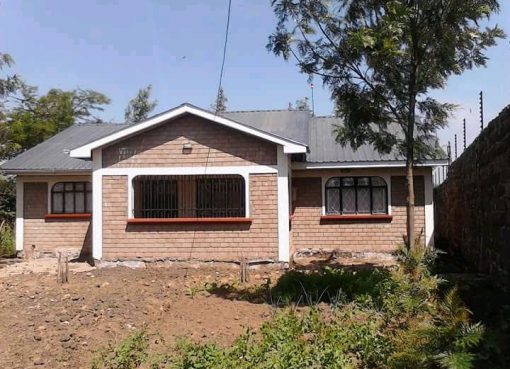Residents of Igembe have been urged to go for regular cancer screening to curb surging cases of the disease in the region.
In an interview with KNA, the Nyambene level 4 Medical Officer Githu Wachira noted that early identification of cancer is very crucial since it allows for effective treatment before it spreads in the body.
“Early detection of cancer prevents its further spread to the rest of the body hence managing it or completely eradicating it,’’ said Wachira.
The medic noted that Meru County is among the leading in cancer cases adding that the common types of cancer in the region are breast, cervix, stomach, oesophagus, and prostate cancer.
He said that treating the disease in its late stages is very expensive pointing out the need for early and regular screening to know one’s status.
He further noted that timely detection of cancer is key to improving survival rates and decreasing mortality among patients.
Wachira revealed that people should prioritize good health by adopting a healthy diet, adding that cancer is a lifestyle disease.
“The food you choose to eat is a key factor to good health while if one opting for junk and processed foods like sausages, burgers, among others can increase chances of developing cancer mostly stomach and pancreatic cancer,’’ said the doctor.
He added that diets high in saturated fats like red meat, ice cream, and baked foods have also been linked to the development of cancer.
Saturated fat is associated with increased cholesterol levels and may contribute to pancreatic inflammation.
According to the medic, obesity, regular consumption of alcohol and smoking can increase the risk of developing certain cancers. He asked the residents to be cautious over what they consume.
He advised the members of the public to return to indigenous foods like yams, sweet potatoes, cassava, whole grains, lean proteins like chicken and rabbit meat, safe vegetables, and fruits to live a happy life free from chronic infections which have become a menace.
He further urged parents to take their girls, aged 10 to 14 years for human papillomavirus (HPV) vaccination to protect them against cervical cancer.
“Among women, cervical cancer is one of the leading causes of death in the country so there is a need for teen girls to be vaccinated to reduce mortality,’’ he advised.
HPV vaccine reduces chances of getting cervical cancer among girls once they become sexually active and it is administered in two doses within six months.
Wachira underscored the need to create awareness to end phobia of cancer screening among the residents saying early diagnosis leads to effective and timely treatment.
“Cancer is not a death sentence and therefore we should not hesitate from screening, the earlier it is detected the easier it becomes to treat,’’ the officer noted.
By Kamanja Maeria





